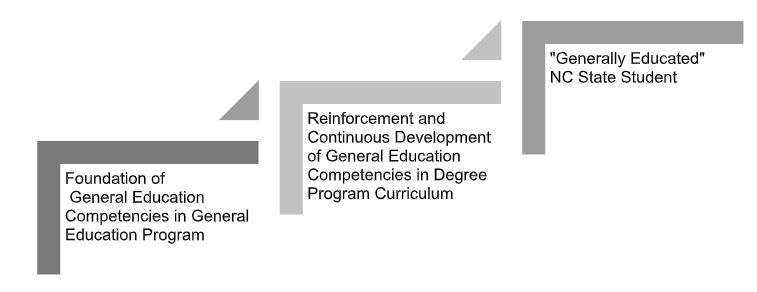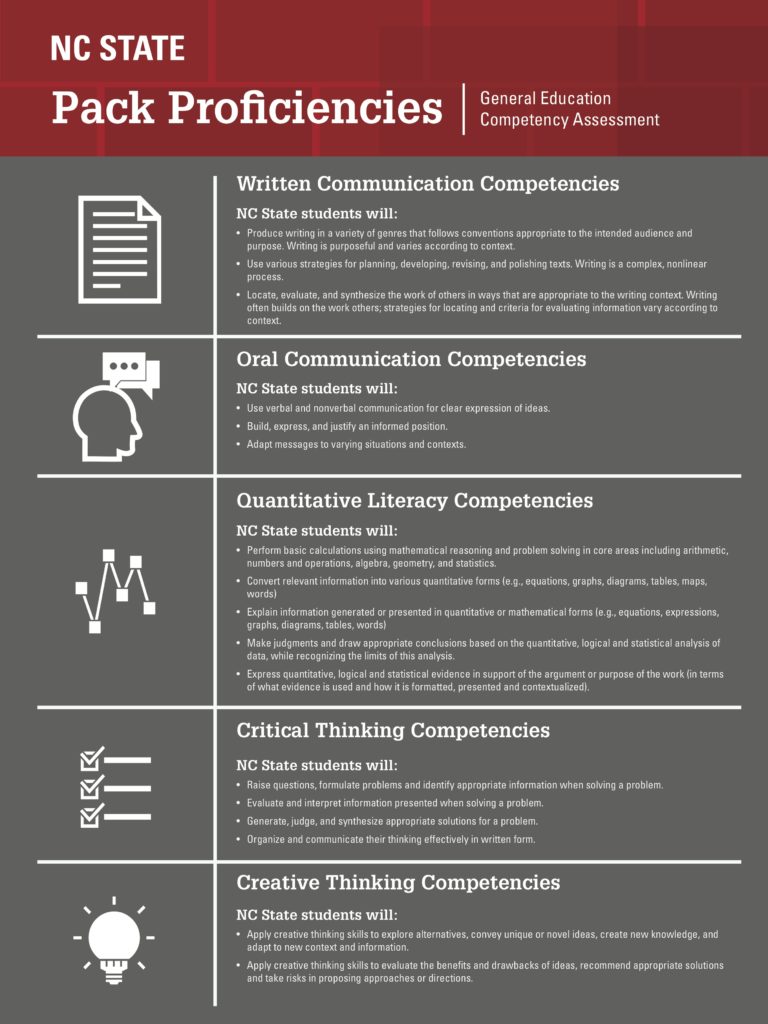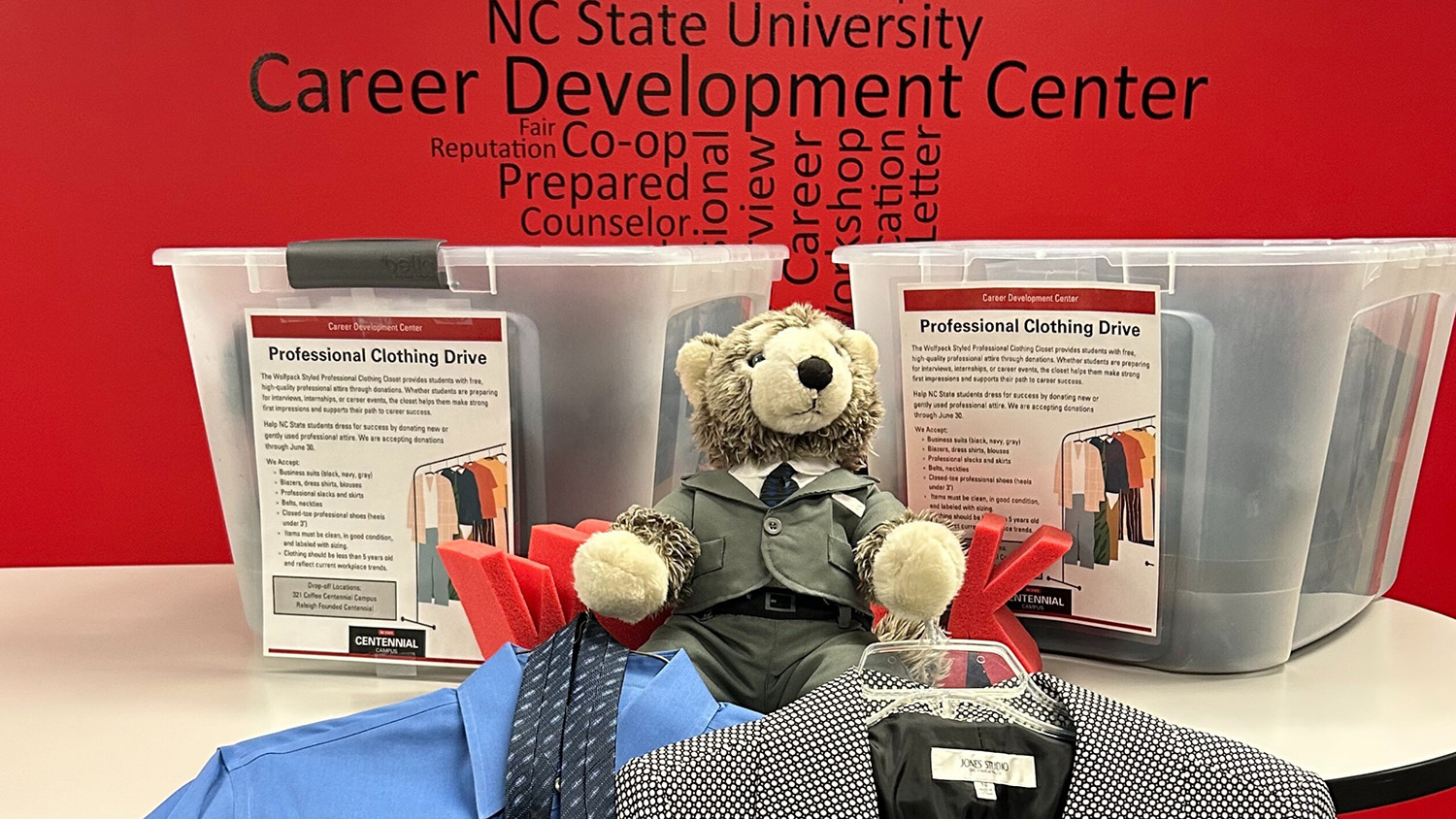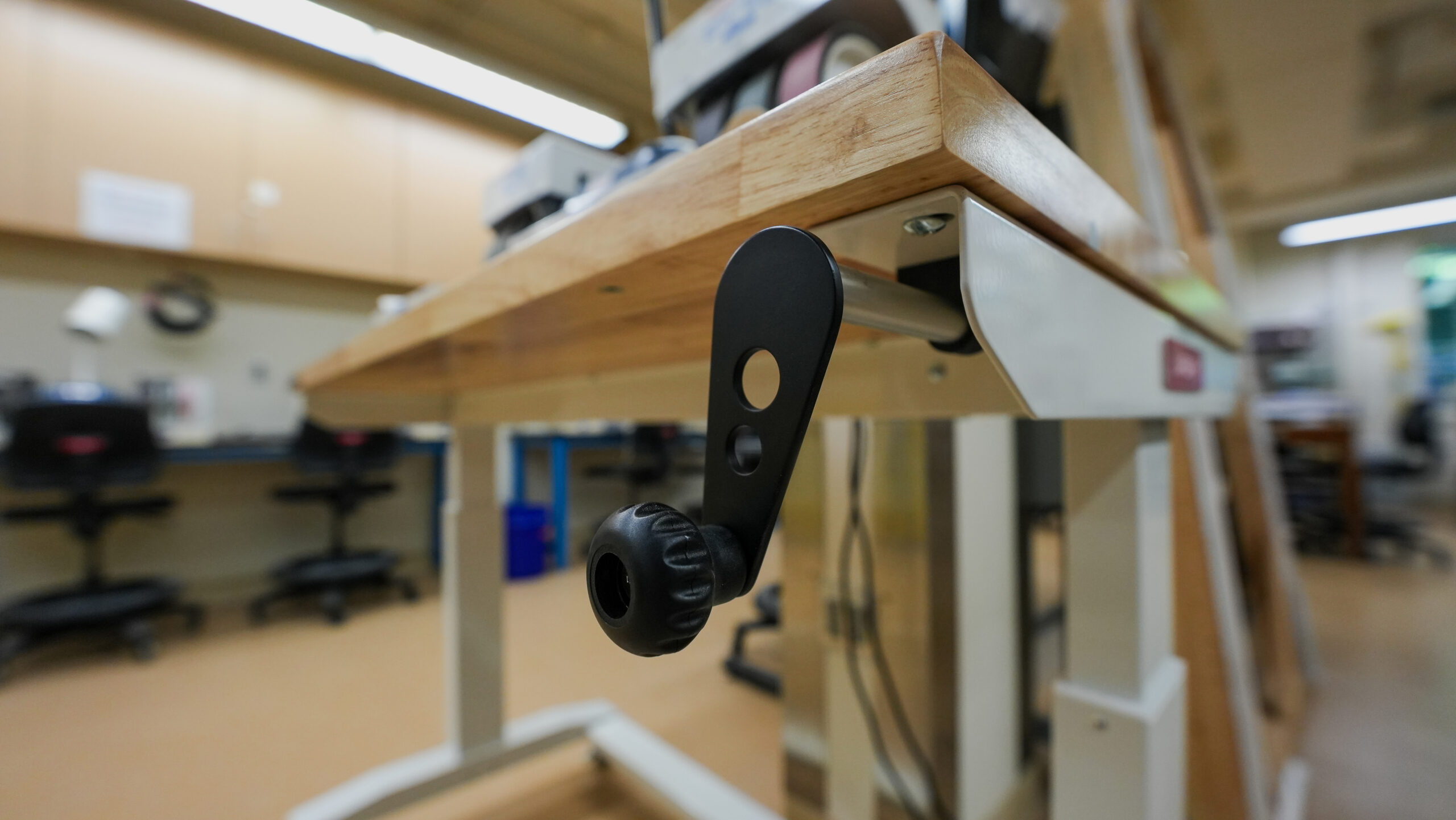“Pack Proficiencies”: NC State’s General Education Competencies

Successful and well-rounded college graduates are proficient in a diverse set of skills that serve as the foundation for any academic or career path they choose to follow. NC State students in every discipline should feel confident in their abilities to clearly communicate an idea, interpret a data point, or think critically to find a creative solution to a problem. That’s why NC State’s faculty selected written and oral communication, quantitative literacy, and critical and creative thinking as NC State’s five General Education Competencies — the “Pack Proficiencies.” These competencies were chosen by our faculty as the key competency areas that students should develop during their time at NC State and have proficiency in upon graduation. These competencies are taught in courses in the General Education Program and are also expected to be intentionally reinforced throughout courses in every degree program at NC State.

This article is the first in a series meant to highlight each of the Pack Proficiencies, what they mean to NC State faculty and students, their importance in preparing students for school and life, and how student learning in the competency areas is assessed for continuous improvement.
Pack Proficiencies
- Critical Thinking
- Creative Thinking
- Oral Communication
- Quantitative Literacy
- Written Communication
NC State faculty chose these competencies because of their importance as a foundation for all academic disciplines taught at the university. In 2012, the Pack Proficiencies’ definitions and outcomes were vetted through the Faculty Senate, the Council on Undergraduate Education, and the associate deans. They are the core skills for a well-rounded NC State graduate. Faculty know the competencies are an essential part of student learning from the time they are first taught in their GEP classes all the way through a student’s coursework in their major.
“All of the Pack Proficiencies that we define are basically about being a well-educated person,” said William Kimler, associate professor of history. “It’s good to be a thinker, a reader, an active person, an engaged mind in the world.”
Faculty from diverse fields recognize the importance of these competencies for students in their disciplines. Written communication, for example, is especially important.
“Our students will be future microbiologists, ecologists, climatologists, marine scientists, physicists, and chemists,” said Alice Lee, associate professor of biological sciences. “In all of these scientific disciplines, written communication is extremely important, from writing research journal articles, to communicating research findings, to writing research proposals for funding.”
The competencies are not only valuable in an academic context; they are also in high demand for employers looking to hire college graduates. Critical thinking, communication skills, and problem solving were rated among the most essential competencies for career readiness by employers in a 2019 survey from the National Association of Colleges and Employers. Marcy Bullock, director of professional development in the Career Development Center, hears this often from employers.
“Employers seek out college graduates with these competencies because individuals with a strong foundation of diverse skills are best prepared for the workforce,” Bullock said. “Someone who can just as easily draw conclusions from numerical data, write up a high-quality proposal, and discover new ways to look at a problem will have an edge in work and life. NC State graduates will help tackle some of the greatest challenges facing our society today, and it all starts with the foundation built by the Pack Proficiencies.”
“Employers seek out college graduates with these competencies because individuals with a strong foundation of diverse skills are best prepared for the workforce.”
Marcy Bullock, director of professional development for NC State’s Career Development Center
NC State faculty and staff work to prepare graduates for life beyond the classroom by teaching the competencies throughout students’ time at NC State. The vast majority of respondents to the 2019 NC State Graduating Senior Survey reported that their NC State education contributed to their knowledge and development in writing and speaking effectively, applying analytic skills, solving real world problems in ways that demonstrate imagination and creativity, and many more skills and abilities that make up the Pack Proficiencies.
Faculty and staff also work to assess students’ development of the competencies. NC State collects data on first-year and senior students’ performance on assessments designed to measure competency in quantitative literacy, oral and written communication, and critical and creative thinking. Faculty in undergraduate degree programs then use these data to help make decisions that improve student learning.
To learn more about the Pack Proficiencies and view current competency assessment activities at NC State, visit go.ncsu.edu/PackProficiencies or email Samantha Rich (snrich@ncsu.edu) in the Office of Assessment. You can also learn more on the poster below.

- Categories:


